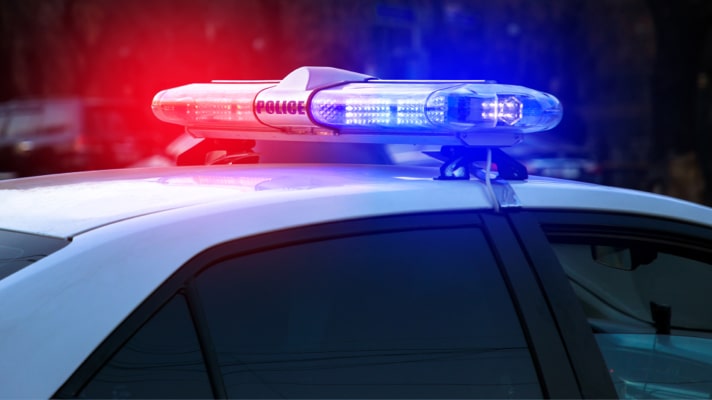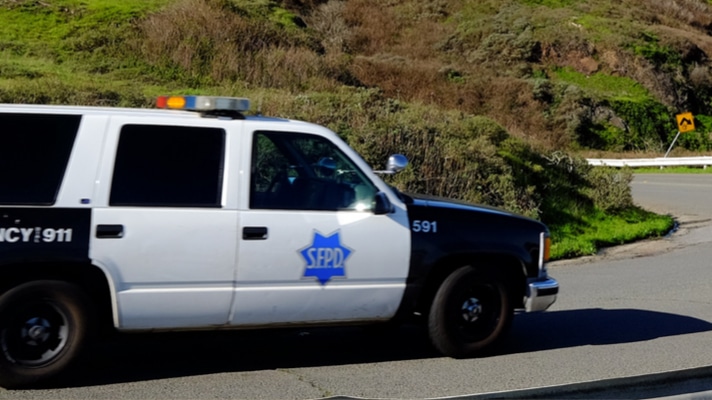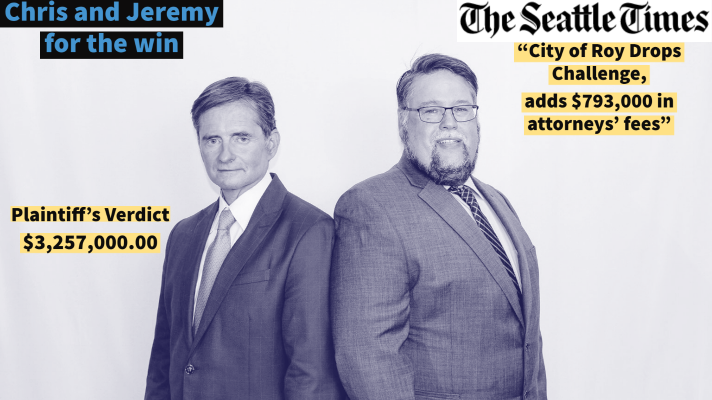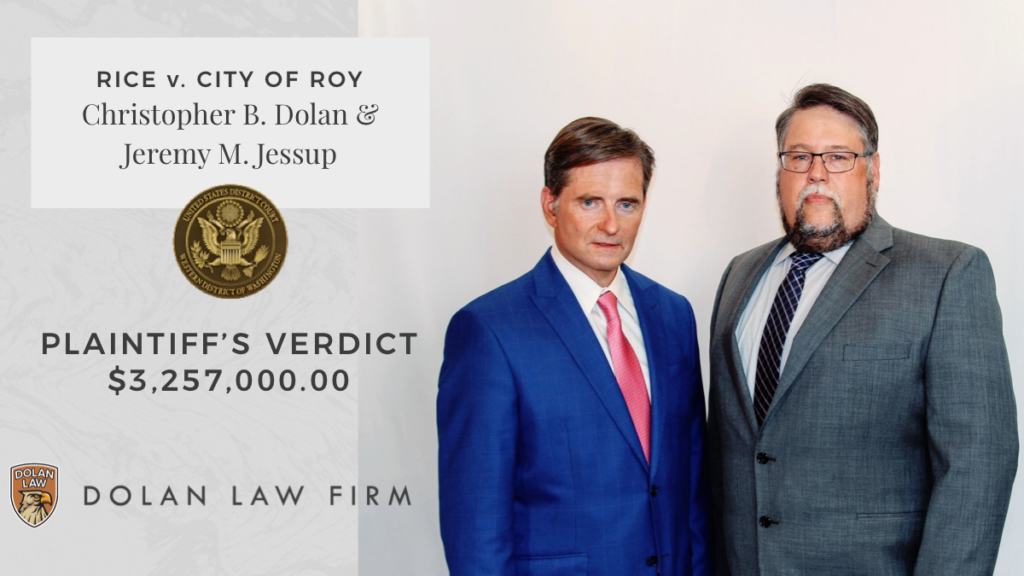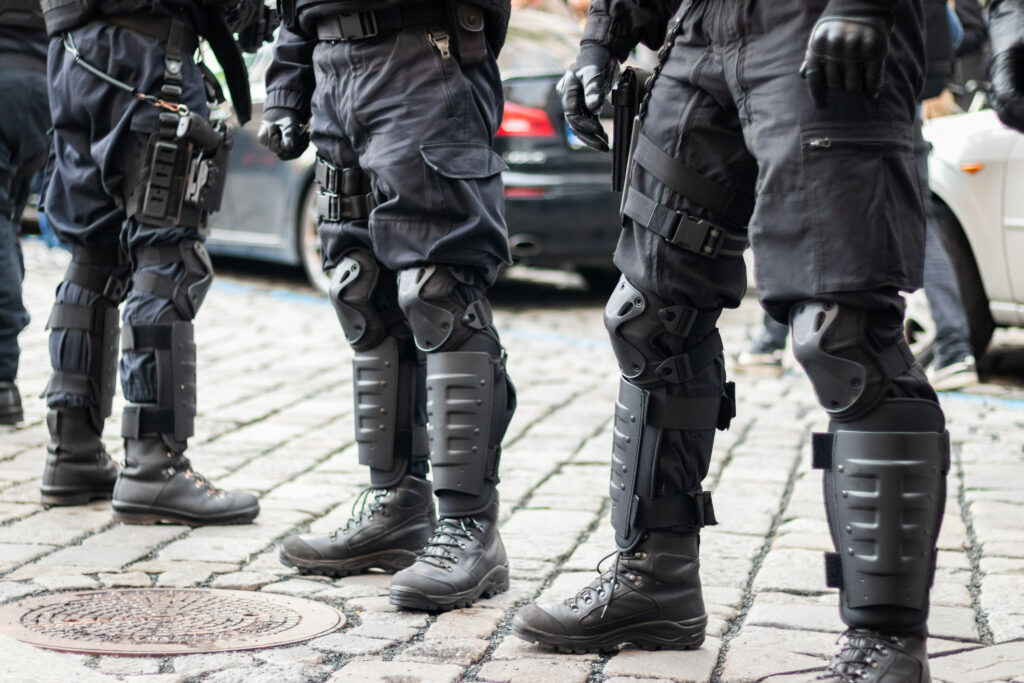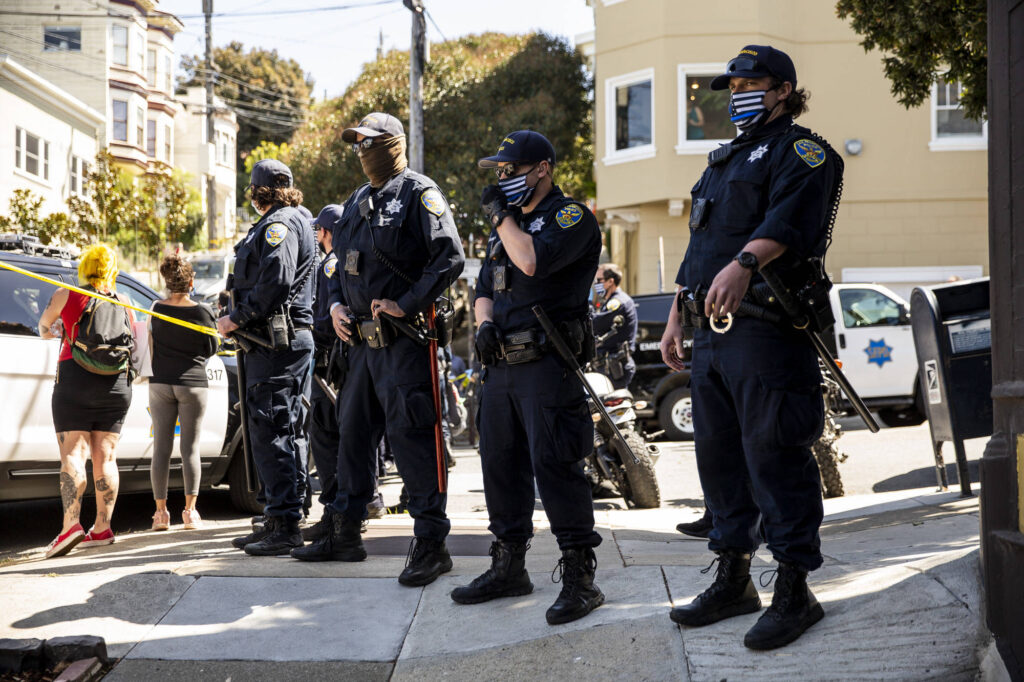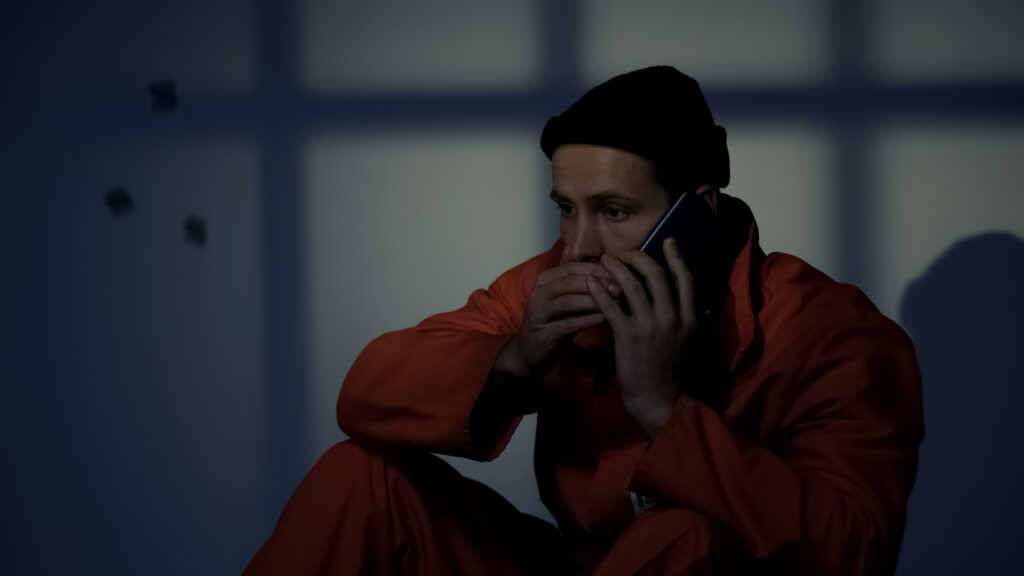Injuries Caused By Police Pursuits in California
Written By Chris Dolan and Kimberly Levy This week’s question comes from Anonymous from Southern California, who asks: Do police officers have liability for injuries caused during high speed chases? Dear Anonymous, It depends on the specific facts involved. There are several sections of the California Government Code as well as the California Vehicle Code that address these kinds …
Injuries Caused By Police Pursuits in California Read More »

